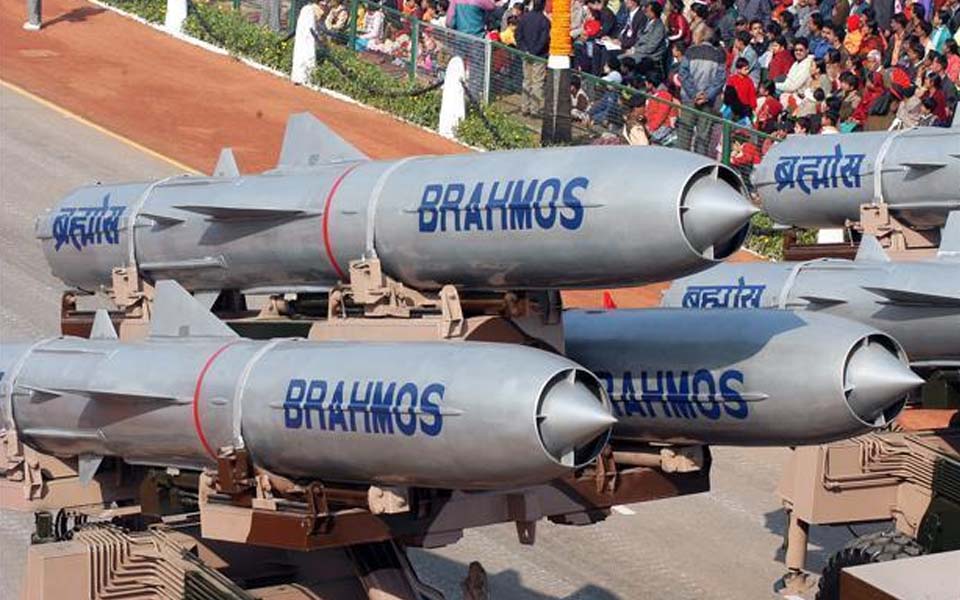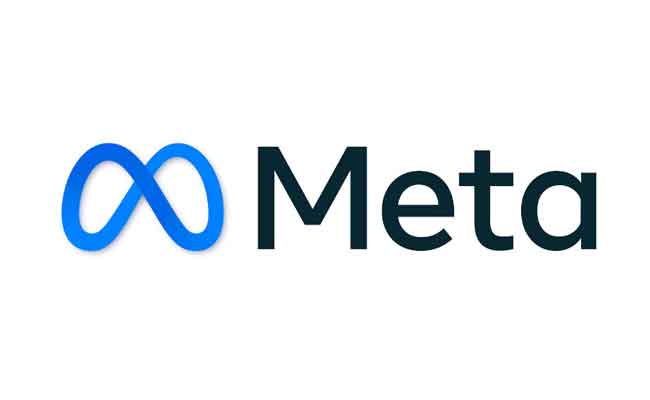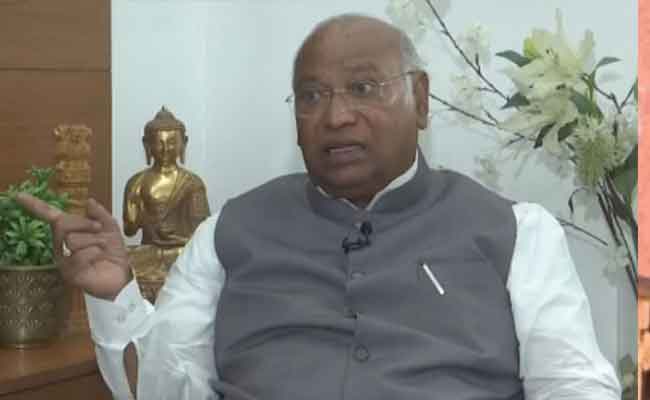New Delhi, May 22: The Indian Air Force Wednesday said it has successfully test fired the aerial version of the supersonic BrahMos cruise missile from a Su-30 MKI fighter aircraft.
The 2.5 tonne air-to-surface missile has a range of around 300 km, and it will significantly enhance the IAF's combat capability, military officials said.
The BrahMos cruise missile travels at a speed of Mach 2.8, nearly three times that of sound.
"The launch from the aircraft was smooth and the missile followed the desired trajectory before directly hitting the land target," IAF spokesperson Group Capt Anupam Banerjee said.
The IAF became the first air force in the world to have successfully fired an air-launched 2.8 Mach surface attack missile of this category on a sea target on November 22, 2017.
"Today's was the second such live launch of the weapon. The integration of the weapon on the aircraft was a very complex process involving mechanical, electrical and software modifications on aircraft," the IAF said.
It said the software development of the aircraft was undertaken by the IAF engineers, while the Hindustan Aeronautics Ltd carried out mechanical and electrical modifications on it.
"The dedicated and synergetic efforts of the IAF, Defence Research and Development Organisation, BrahMos Aerospace Pvt Ltd and HAL have proven the capability of the nation to undertake such complex integrations," the IAF said.
It said the BrahMos missile provides the Indian Air Force a much desired capability to strike from large stand-off ranges on any target at sea or on land with pinpoint accuracy by day or night and in all weather conditions.
"The capability of the missile coupled with the superlative performance of the Su-30MKI aircraft gives the IAF the desired strategic reach," the IAF said.
BrahMos Aerospace, an India-Russian joint venture, produces the supersonic cruise missile that can be launched from submarines, ships, aircraft, or from land platforms.
Let the Truth be known. If you read VB and like VB, please be a VB Supporter and Help us deliver the Truth to one and all.
New Delhi: During the ongoing Lok Sabha elections, Meta, the parent company of Facebook and Instagram, faces criticism for approving politically motivated advertisements containing hate speech and disinformation. According to a recent report, Meta approved several ads manipulated by Artificial Intelligence (AI), spreading disinformation and targeting specific demographics.
The report reveals that despite rejecting some ads, including one targeting Prime Minister Modi for misinformation, Meta approved others that targeted Muslims, violating its own policies on hate speech, bullying, harassment, misinformation, and violence incitement. These approved ads contained slurs against Muslims and Hindu supremacist language, further exacerbating tensions.
India Civil Watch International (ICWI) and Ekō, an accountability organization, submitted 22 ads to Meta, of which 14 were approved, highlighting the platform's failure to detect harmful content. Although Meta stated it requires advertisers to disclose their use of AI, critics argue that the platform lacks effective measures to address hate speech and disinformation.
Meta's history of failing to curb Islamophobia on its platforms adds to the skepticism regarding its ability to regulate harmful content during critical events like elections. With concerns over the proliferation of hate speech and disinformation online, questions arise about Meta's responsibility in safeguarding its users and ensuring a fair electoral process.





